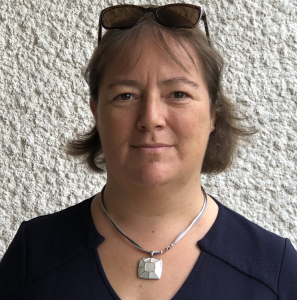February 7th, 2019
 Data produced by the domain of life sciences in the next decade are expected to be highly challenging. In addition to scalability issues which are shared with other applications domains, data produced in life sciences have very specific characteristics: multi-scale, incomplete, heterogeneous but somehow interdependent. This makes data-mining methods less efficient than expected to assist knowledge discovery. An example of such limitations is the study of biological systems in molecular and cellular biology, which cannot be uniquely identified with the data at hand.
Data produced by the domain of life sciences in the next decade are expected to be highly challenging. In addition to scalability issues which are shared with other applications domains, data produced in life sciences have very specific characteristics: multi-scale, incomplete, heterogeneous but somehow interdependent. This makes data-mining methods less efficient than expected to assist knowledge discovery. An example of such limitations is the study of biological systems in molecular and cellular biology, which cannot be uniquely identified with the data at hand.
In this talk, we will introduce a strategy to study biological systems in the framework of incomplete data.
This strategy relies on reasoning and logical programming technics, allowing to model interactions within a system, take into account information carried by the overapproximated dynamics of the system, and finally extract relevant properties by solving combinatorial problems. We will illustrate this approach on the emerging field of systems ecology which aims at understanding interactions between a consortium of microbes and a host organism.
Anne Siegel is a research director at CNRS, located at IRISA, the computer science laboratory of Rennes. She is the leader of the Dyliss group (IRISA and Inria Rennes) which develops formal methods for the integration of heterogenous data in biology. She started her carreer in mathematics and theoretical computer science by studying symbolic dynamical systems to investigate self-similar structures in number theory and tilings.
Then she explored the field of systems biology, that is, the modeling and study of dynamical systems in molecular biology. Her main research now focuses on constraint-based methods to interpret large-scale observations of a molecular system in a dynamical system framework, with applications to marine biology and extremophile microbiology.


